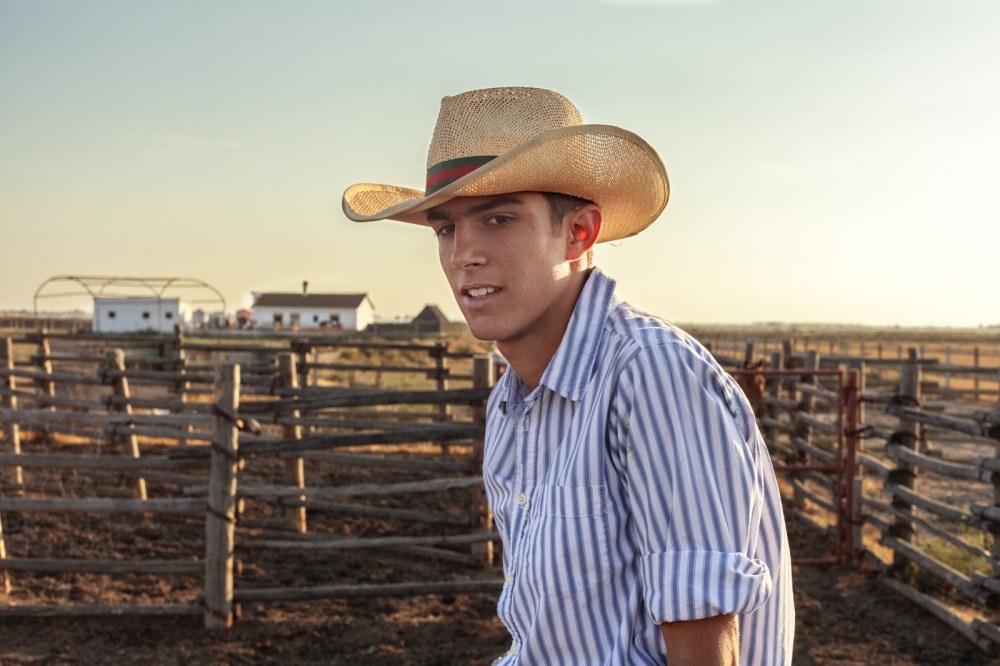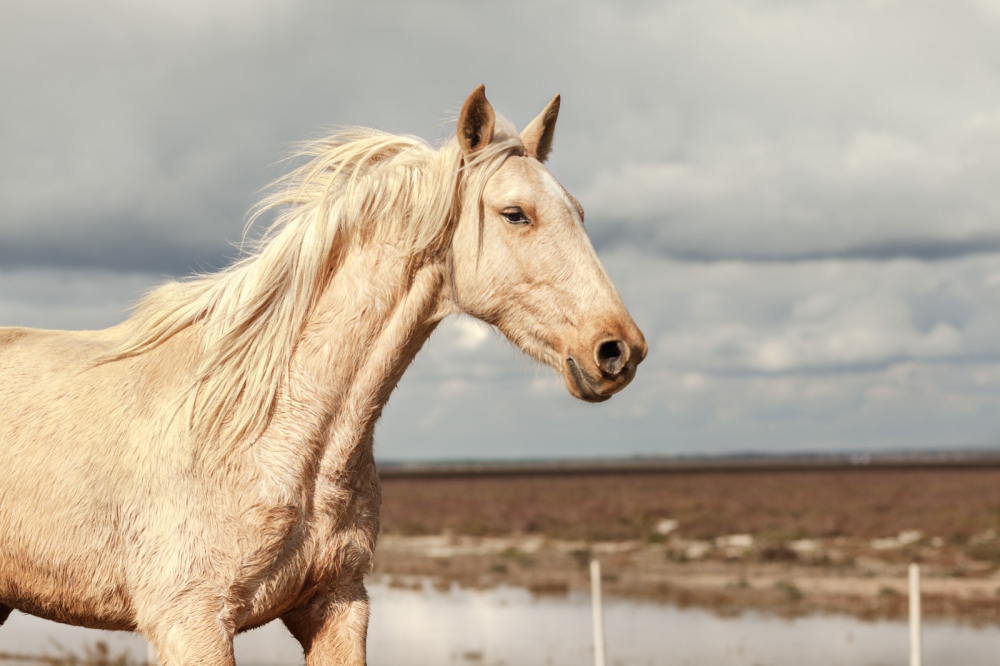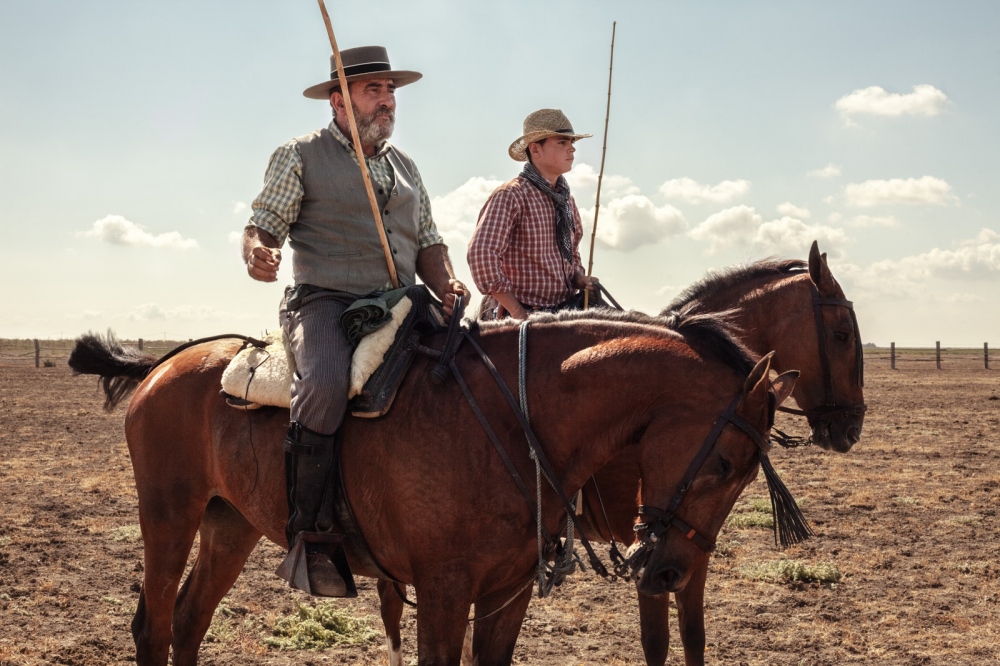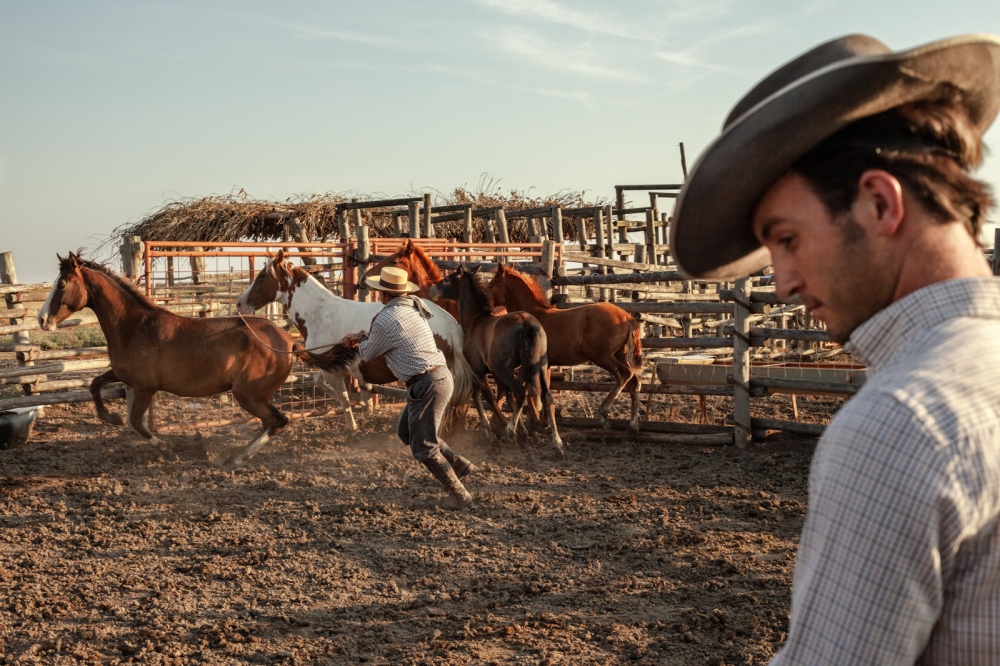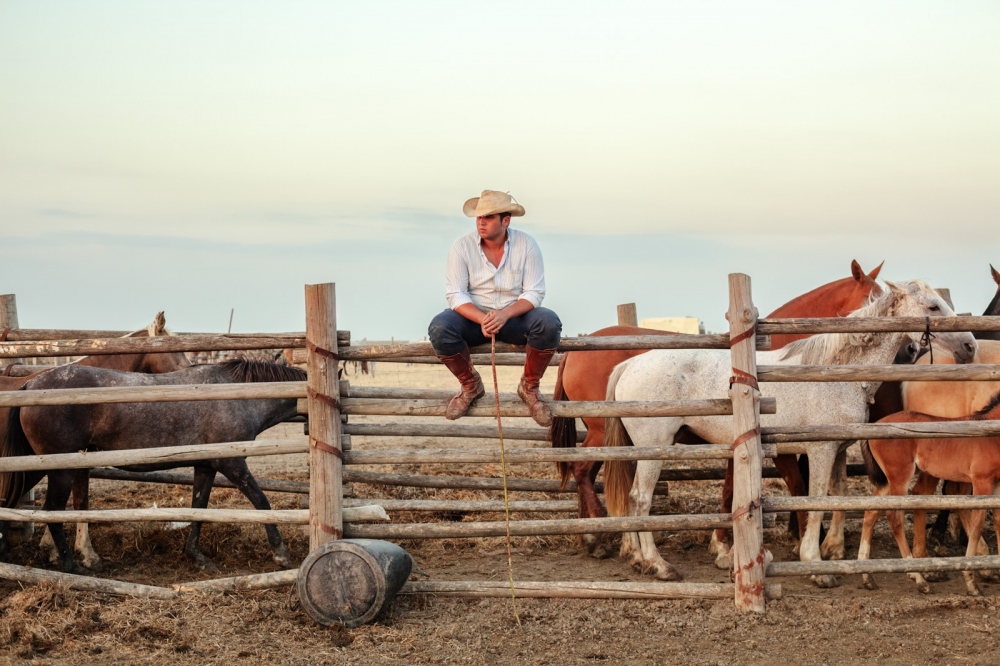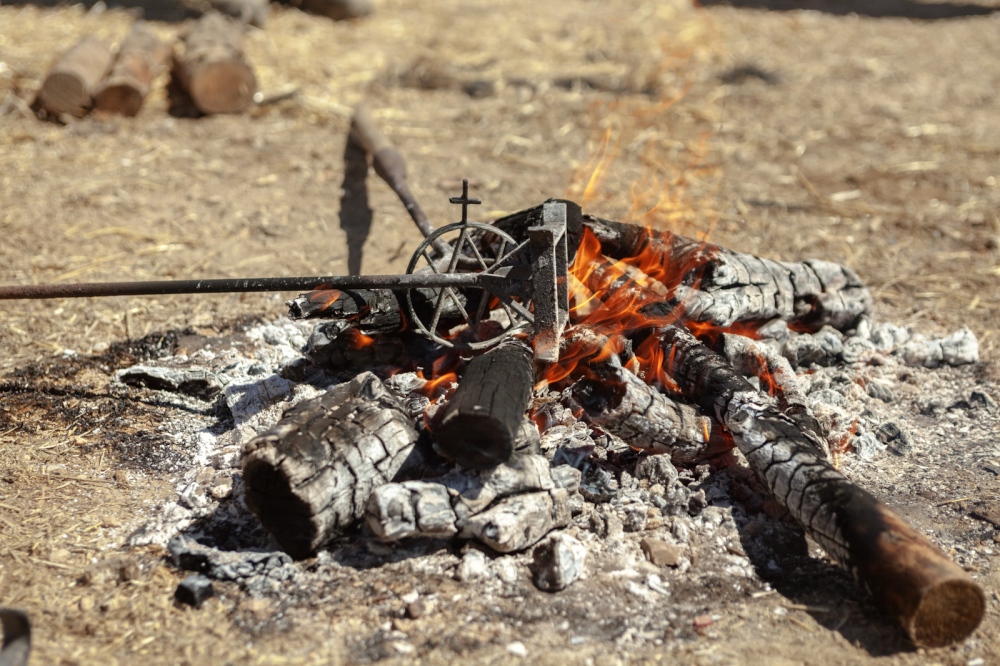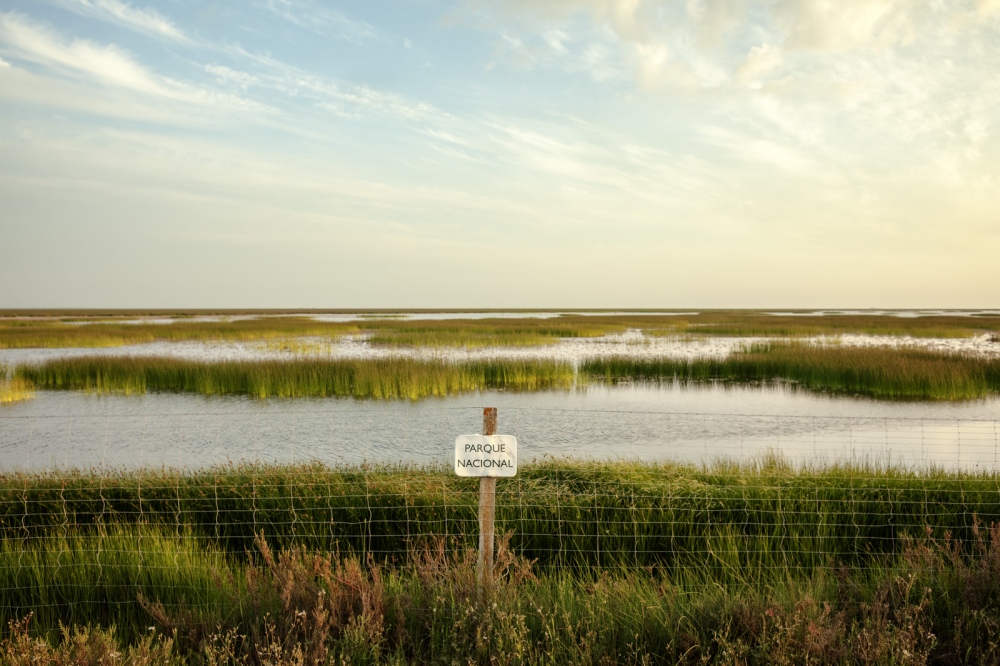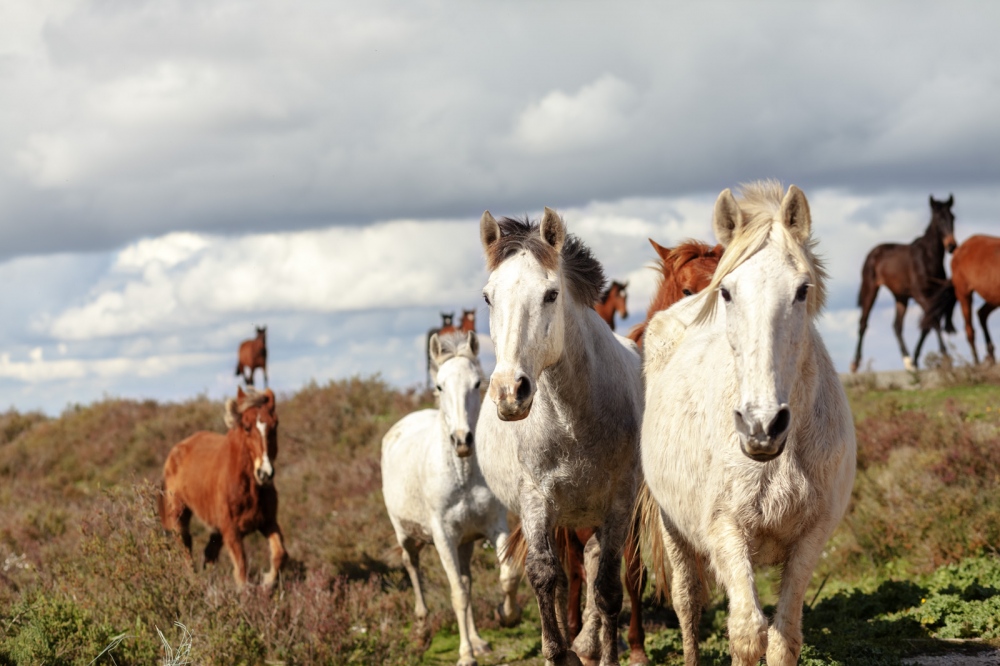Public Project
La Saca de la Yegua
"La Saca de las Yeguas" and the breeding of feral horses that are ancestral animal husbandry practices, vivid and unusual, which contribute to the conservation of Retuerta Horse and Marismeño Horse endangered species. This livestock farming activity is an extraordinary social legacy and one of the contributions of Andalusian culture to the world. The Marismeña livestock is undoubtedly the cultural matrix of livestock traditions of America. The legendary equestrian traditions of the New World from Land of Fire to Canada, that had been formed by Chilean huasos, Argentine gauchos, Ecuadorian chagras, Venezuelan Llanos, Mexican charros and cowboys of the United States and Canada originally came from animal husbandry practices which from time immemorial are being developed in the Marshes of the Guadalquivir, ancient Lacus Ligustinus, in the Doñana National Park that is considered the largest ecological reserve in Europe and had been declared a World Heritage Site by Unesco in 1994.
American historians and geographers (eg Bishko 1952; Butzer 1988; Jordan 1989 and 1993), consider that the first horses who went to America traveled from the port of Palos (Huelva) with Christopher Columbus on his second voyage, until then the horse was unknown to the natives of the Americas because they had become extinct 11,000 years ago. Part of the crew that traveled with these horses were residents of areas near the marshes of the Guadalquivir on the Atlantic coast of Andalusia. They helped to stablish horse breeding frams farms on the current island of Santo Domingo to cover the incessant demand of horses, during the period from 1493 to 1512 at least 500 horses traveled on ships to America. This importation of livestock with their breeders from the area of the marshland had a clear impact in the Americas, where livestock production will soon imitate the marismeño model, unique model for their extraordinary ecological adaptation to the climatic conditions of the tropics.
The US Congress recognized the Spanish Mustangs as "living symbols of the historic and pioneer spirit of the West that continues to contribute to the diversity of life forms within the Nation and enrich the lives of Americans."
That spirit of the Mustang, that way of life and identity, that community and animal union with man is still alive in its place of origin, Doñana marshes, thanks to the work of the National Association of Cattle Breeders Marismeño formed by descendants of people who in ancient times created an eternal convenant between the god of the seas and horses.
9,560

